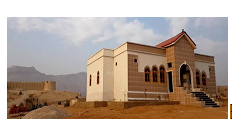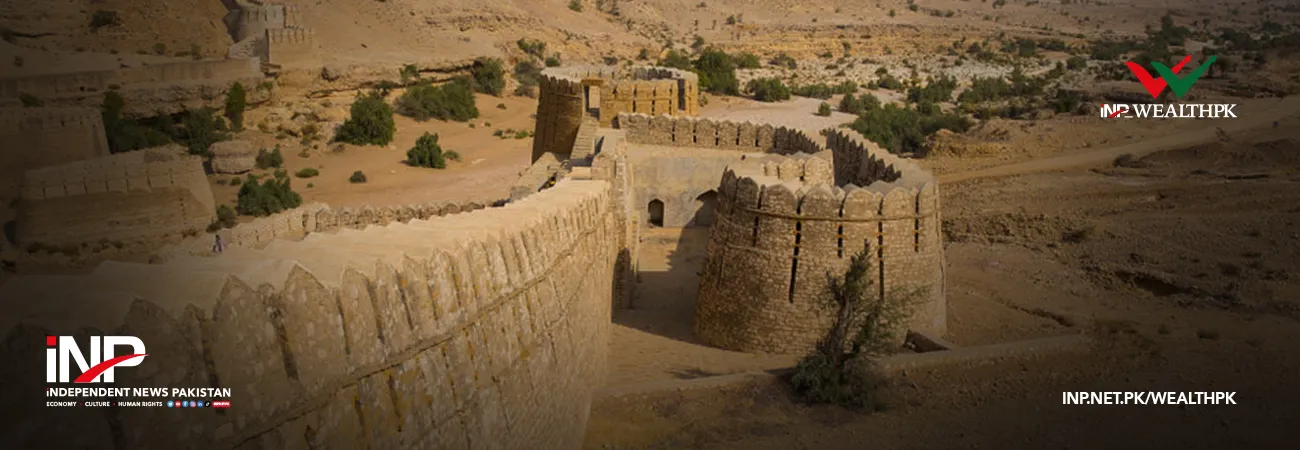INP-WealthPk

Faiza Tehseen
Situated in the Jamshoro district of Sindh, Ranikot Fort is waiting to be promoted globally. The fort’s proper showcasing is necessary to increase tourist footfall. The area is ideal for adventure, eco and archaeology tourism, and is a heaven for safari lovers. The strategic promotion of Ranikot Fort, which is surrounded by the Kirthar mountain range, can fetch a fortune for the country. Highlighting the importance of Ranikot Fort for Pakistan’s tourism sector, Syed Fayaz Ali Shah, Managing Director of Sindh Tourism Development Corporation (STDC), told WealthPK, “A resort was constructed in the fort in 2023, which offers 24-hour services to the visitors. The resort comprises seven luxury rooms, a parking area, a seamless power backup system and traditional cuisine.” He said STDC was also going to establish a play area, a canteen and another restaurant for tourists. Ali Shah said tourist footfall increased in spring and winter because temperatures in summer frequently rose above 45⁰ centigrade.
“Despite harsh weather conditions, STDC staff was always there serving the guests. To help tourists visit the whole area, STDC provides official tourist guides, who are well-versed in history and other features of the area.” He said three more forts were located inside Ranikot Fort, namely Meeri Kot, Shergah and Mohan Kot. “It has been constructed in a zigzag manner with 40 gates. Some of the famous ones are the Sann Gate, Amri Gate, Mohan Gate and Shah-Pere Gate. A naturally bubbling spring occurs near Mohan Gate, which is called the ‘Paryan jo tarr’ in the local language, meaning the spring of fairies. He further said that the second important feature was the Kirthar mountain range, whose western part fell in the Sindh province. He said that the mountain range had been declared a National Park in 1974, covering an area of about 3,087 square kilometres. “It is a dry arid zone with vast desert, hilly terrains and unique biodiversity. So, in all aspects, it can be called a tourist heaven,” said Ali Shah. Sharing the historic value of RaniKot Fort with WealthPK, former deputy director of Archaeology and Museums, Islamabad, Dr Mahmood ul Hassan said it was one of the world’s largest forts listed as the World’s Heritage Site by UNESCO in 1993.
“It is protected as a historical site under the Antiquities Act, 1975. Its rampart is compared to the Great Wall of China.” He said that the fort was constructed by the Talpur dynasty in 1812 up to the British colonial period. “Other than residential purposes, a mosque was also built there. It is surrounded by a circumference of about 26-kilometre-long boundary on three sides, while the Kirthar mountain range in the northern direction acts as a natural boundary.” Mahmood said that the fort was built with limestone and lime mortar was used to bind the building blocks. “To protect the fort, at short distances, Talpurs built bastions and traditional battlements with slits for archery or to throw hot oil/water on invaders. Up to the 19th century, Talpurs made few changes or rebuilt some parts. The current constructions belonged to the same period.”
Credit: INP-WealthPk













